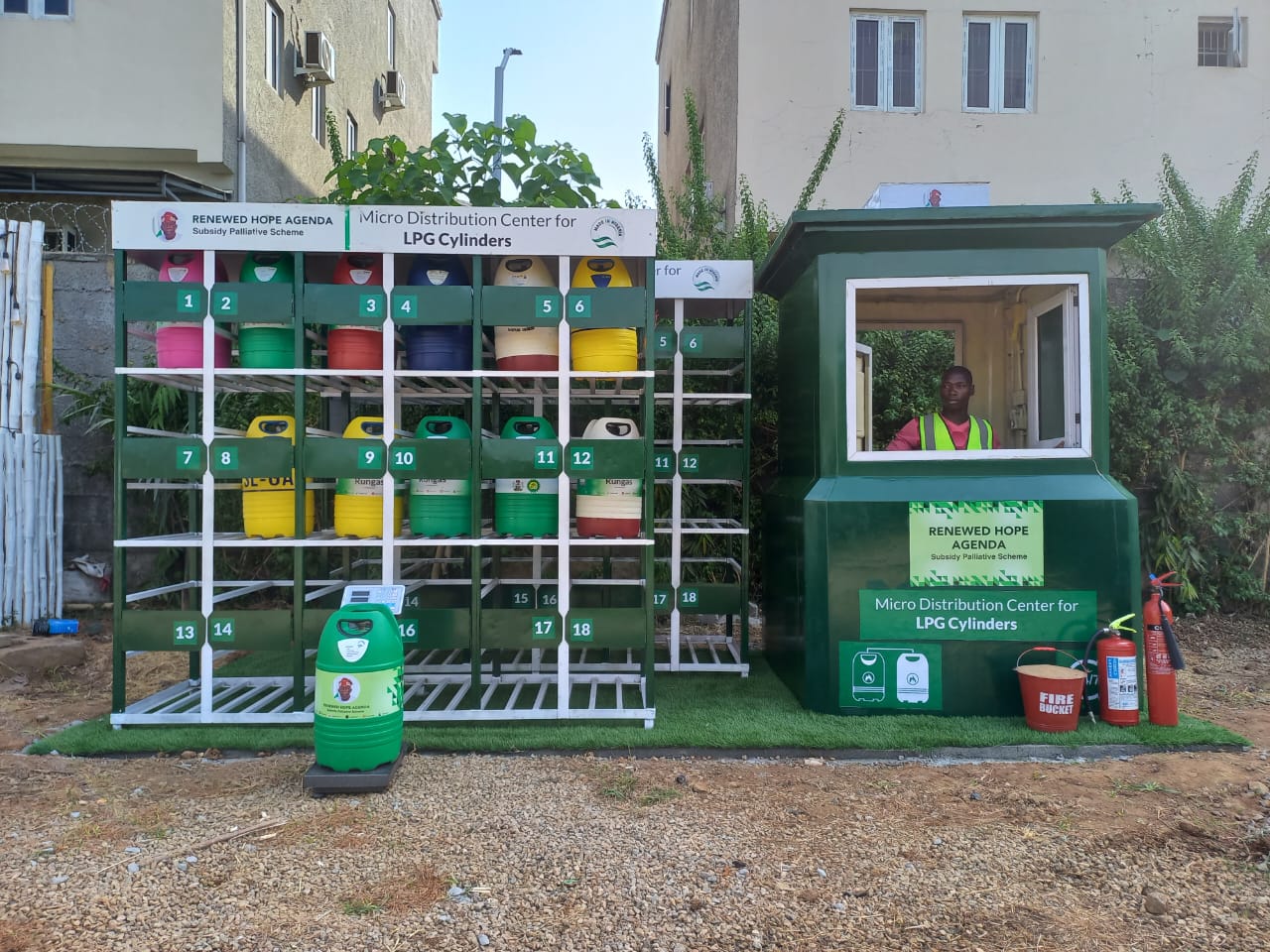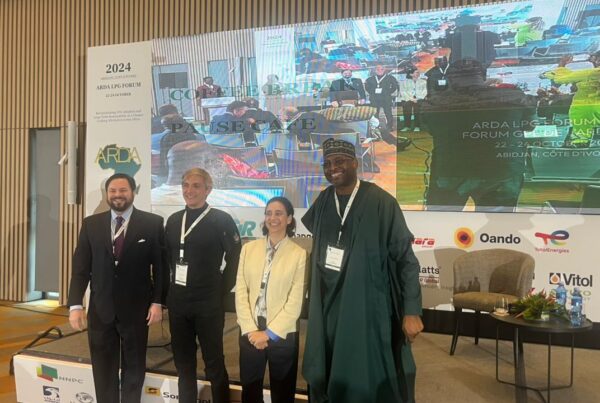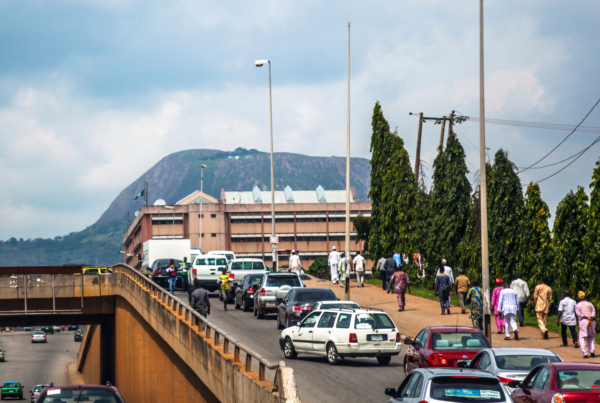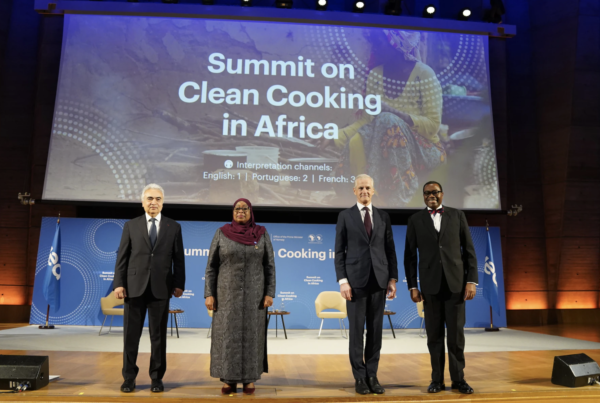Happy LPG Day! Today, we commemorate the importance of clean cooking solutions and raise awareness on the benefits of LPG for people across the world, especially Africans. As we celebrate, let’s recognize the critical gap that persists in our continent, where hundreds of millions of households still rely on traditional energy such as wood and charcoal, impacting health, the environment, and gender equality. Urgent steps are necessary to bridge this divide.
A Way Forward?
Across Africa, families continue to cook with firewood, charcoal, biomass, and agricultural residues. These fuels emit harmful pollutants, affecting respiratory health and contributing to deforestation.
Sub-Saharan Africa faces a significant clean cooking gap, with 990 million people lacking access to clean cooking solutions in 2022, according to the International Energy Agency (IEA). This crisis disproportionately affects women, who often bear the responsibility of cooking and face increased health risks.
Despite the challenges, there’s hope. The recent Paris Declaration emphasized the urgency of transitioning to cleaner cooking alternatives and received support from large institutions such as the African Development Bank and Africa50. Moreover, investment commitments totaling $4.1 billion demonstrate a global awareness and commitment to address this issue. These funds can drive innovation and support scalable solutions.
Collaborative Solutions
To create lasting impact, collaboration between public and private sectors is essential:
- Policy Advocacy: Governments must enact policies that incentivize LPG adoption, reduce taxes, and promote clean cooking technologies. Countries like Nigeria that have vast reserves of gas can play a leadership role in that regard and unlock significant value from their natural resources.
- Private Sector Engagement: Companies like Rungas can lead by investing in research, development, and distribution. By proposing innovative business and operating models, the private sector can drive partnerships with governments, financiers, customers and local communities to offer long-term solutions for the sector.
- Women Empowerment: Training programs and awareness campaigns empower women and promote clean cooking practices. Local engagement can ensure the implementation of context-specific solutions that respond to on-the-ground realities.
Rungas’ Role
As an infrastructure company enabling gas penetration across some of the world fastest-growing economies, Rungas remains committed to advocating for clean cooking solutions and raising awareness on LPG benefits. The Group is investing into the development of smart composite cylinders manufacturing facilities in Nigeria, Egypt, Côte d’Ivoire and Saudi Arabia. In Africa alone, four of our infrastructure facilities are nearing completion and will provide the foundation for unlocking and scaling up last-mile gas demand.
To enact this transformation, we must stay focused and work with our stakeholders on key pillars:
- Distribution Networks: We expand LPG access by establishing micro distribution centres (MDCs) that offer one-stop-shop for cooking gas delivery and accessories, ensuring accessibility and affordability for last-mile end-users.
- Affordability: Innovative pricing models must be proposed to bridge the affordability gap, making LPG accessible to all. Achieving price reductions for the customers calls for coordinated actions by all actors across the supply-chain.
- Sustainability: LPG companies across the value-chain must prioritizes sustainability and propose solutions that can address the clean cooking deficit in the long-term and in an environmental responsible manner.
As we celebrate LPG Day, let’s remember our collective responsibility. Together, we can transform Africa’s cooking landscape, safeguard health, empower women, and promote sustainable energy solutions.






